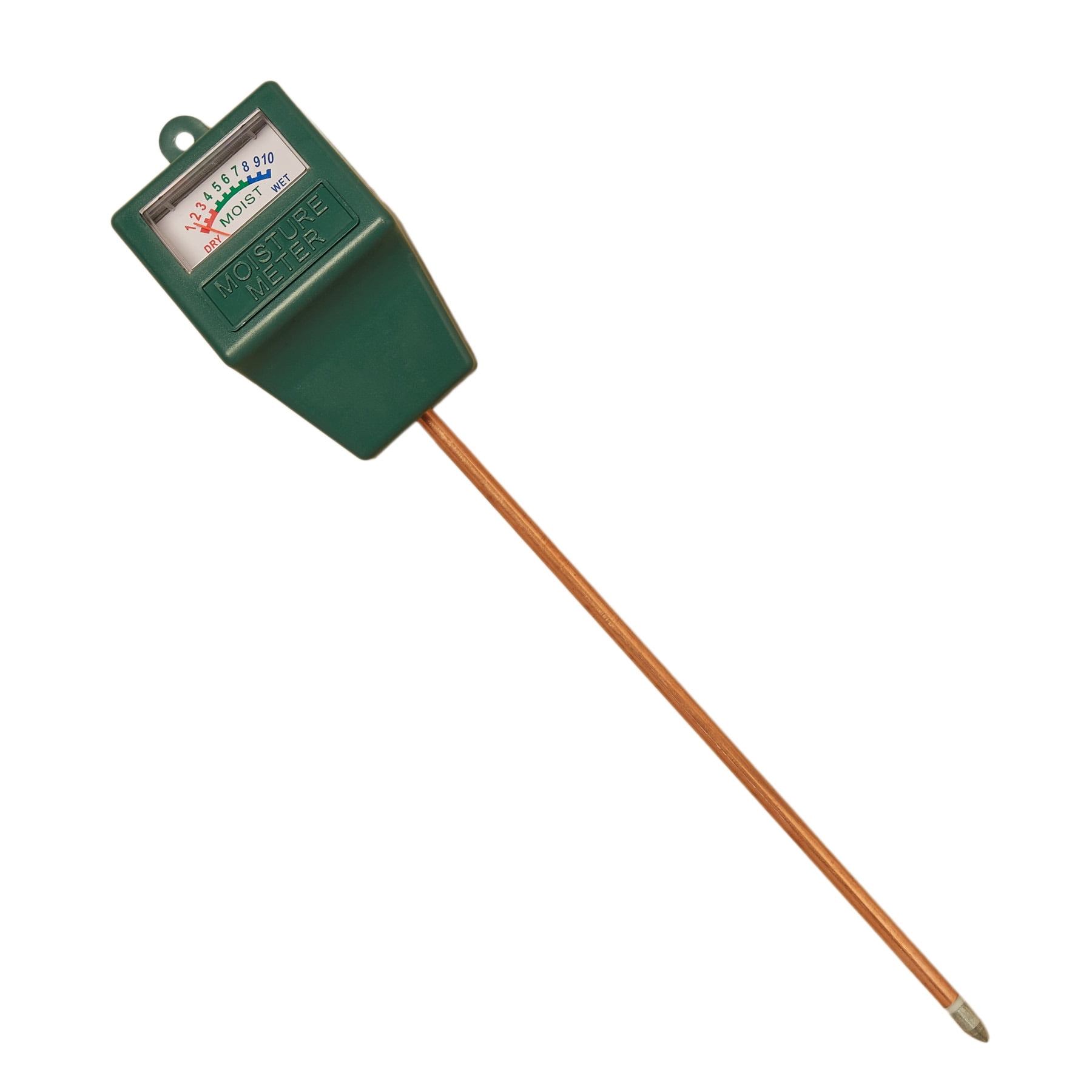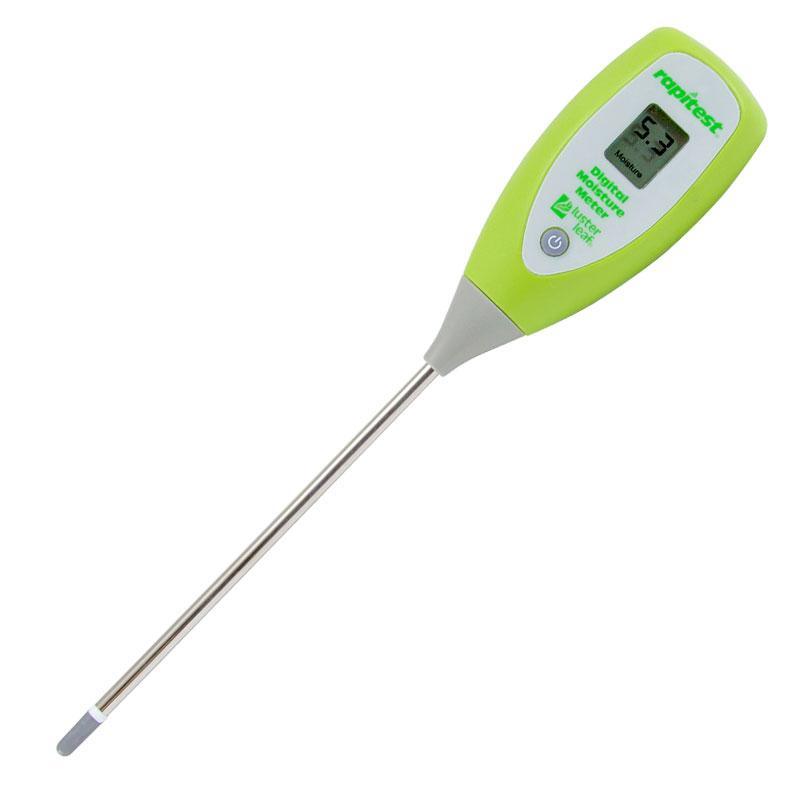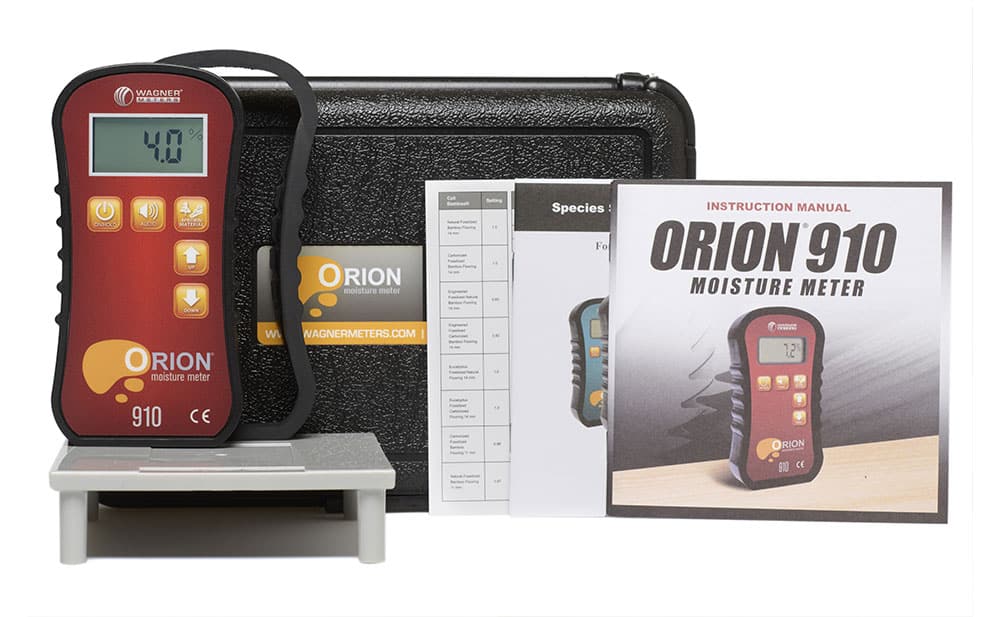Comprehending the Various Sorts Of Moisture Meters and Their Applications
Comprehending the Various Sorts Of Moisture Meters and Their Applications
Blog Article
The Ultimate Guide to Moisture Meters: A Comprehensive Review and Just How They Can Save You Cash
In the world of structure upkeep, construction, and various markets, the relevance of properly measuring dampness degrees can not be overstated. Dampness meters work as vital tools in discovering and keeping an eye on moisture content in products, helping in stopping costly problems and making sure the quality of items. Comprehending the nuances of various kinds of wetness meters, their applications, and the potential cost-saving advantages they provide can be a game-changer for experts and businesses alike. Uncovering how these tools can not only streamline procedures however also add to economic savings is a trip worth starting.
Kinds Of Moisture Meters
Various kinds of dampness meters are offered for different applications in various industries. One usual type is the pin-type dampness meter, which determines the electrical resistance in between two pins put into a product. This kind appropriates for timber, drywall, and other building products. Pinless wetness meters, on the various other hand, use electro-magnetic sensing unit plates to scan a bigger location without creating damages to the material's surface area. These meters are suitable for quickly analyzing moisture levels in big areas such as floorings and wall surfaces.
Additionally, there are likewise specialty moisture meters developed for details products like hay, dirt, or grain. These meters give accurate dampness readings customized to the special residential or commercial properties of the product being checked. Infrared moisture meters determine the thermal residential properties of a material to determine its dampness web content non-invasively, making them beneficial for applications where pin or pinless meters may not be suitable. Comprehending the various types of wetness meters available can help sectors choose one of the most suitable tool for their specific moisture dimension demands.

Advantages of Making Use Of Moisture Meters

Furthermore, using wetness meters can bring about increased energy efficiency. By determining areas with high wetness levels, such as leaks or bad insulation, modifications can be made to boost power conservation and lower energy costs. In agricultural settings, moisture meters play a critical role in enhancing crop yields by enabling farmers to monitor dirt wetness levels and make notified watering choices. In general, the benefits of utilizing wetness meters extend throughout different industries, supplying cost-effective remedies and advertising better high quality control methods.
Exactly How to Choose the Right Moisture Meter
Selecting the appropriate dampness meter includes thinking about key factors such as product compatibility, measurement range, and calibration precision. When selecting a moisture meter, it's essential to ensure that the meter appropriates for the certain material you will certainly be testing. Different products have varying electrical homes that can affect moisture analyses, so selecting a meter made for your material is essential for exact results. In addition, think about the measurement array of the wetness meter. Guarantee that the meter can detect dampness degrees within the array required for your applications. Calibration precision is another critical variable to bear in mind (Moisture Meter). Choose a moisture meter with trusted calibration to make sure precise and constant analyses. Some meters may call for periodic calibration modifications, so recognizing the calibration process is vital. By thoroughly examining these elements, you can select a moisture meter that satisfies your demands and gives precise wetness dimensions for your tasks.
Proper Techniques for Moisture Meter Usage
To ensure accurate wetness analyses and take full advantage of the performance of a moisture meter, utilizing proper strategies is crucial. When utilizing a pin-type dampness meter, put the pins or probes into the product being tested up until they make complete call. By following these appropriate strategies, users can depend on index their wetness meter to give trustworthy wetness degrees, assisting in avoiding costly damage or making sure top quality in various applications.

Price Financial Savings With Moisture Meter Applications
Just how can the critical use of dampness meters result in substantial cost savings across different sectors? Moisture meters play a crucial function in expense savings by avoiding possible damage and making sure quality assurance in different sectors. In the farming industry, wetness meters help in establishing the optimal time for gathering crops, protecting against over-drying or excess wetness that can affect the last item's top quality. This specific monitoring aids farmers stay clear of unneeded losses and optimize their return.

Furthermore, in the food processing industry, dampness meters are essential for monitoring product quality and ensuring conformity with safety and security laws. By properly gauging wetness material in food, producers can avoid spoilage, maintain quality, and minimize waste, leading to considerable cost financial savings. On the whole, the calculated application of wetness meters is an important investment that can bring about significant expense reductions and boosted performance throughout numerous markets.
Conclusion
Finally, dampness meters are useful tools for discovering and measuring wetness levels in numerous materials. By utilizing the appropriate wetness meter and complying with correct techniques, customers can successfully stop pricey damages brought on by excess wetness. Buying a quality wetness meter can bring about considerable cost financial savings in the lengthy run by identifying possible issues early on and allowing prompt removal. Ultimately, wetness meters are essential tools for maintaining the stability and longevity of materials and frameworks.
Wetness meters offer as important tools in finding and keeping an eye on moisture material in materials, assisting in avoiding this website pricey damages and making certain click the top quality of products. Infrared dampness meters measure the thermal residential properties of a material to establish its moisture web content non-invasively, making them helpful for applications where pin or pinless meters may not be suitable.Dampness meters provide very useful advantages in precisely analyzing and keeping track of moisture levels in diverse products and settings. In farming settings, wetness meters play an important function in maximizing crop yields by enabling farmers to keep an eye on dirt wetness levels and make informed irrigation choices.In final thought, dampness meters are useful tools for determining and detecting wetness levels in different materials.
Report this page